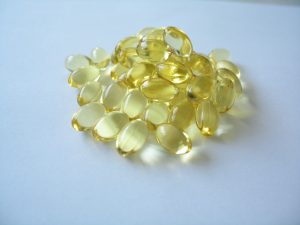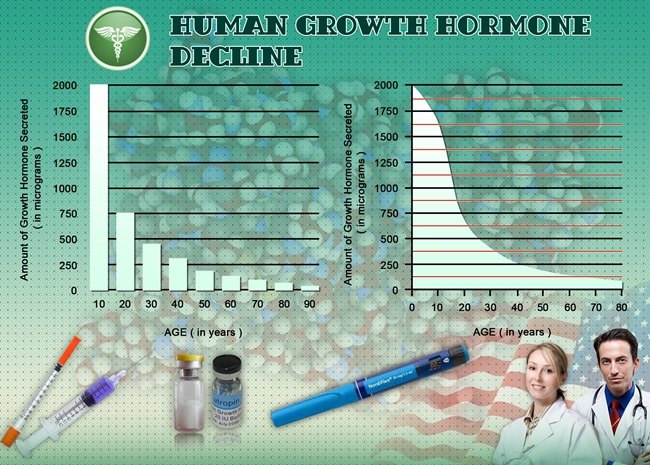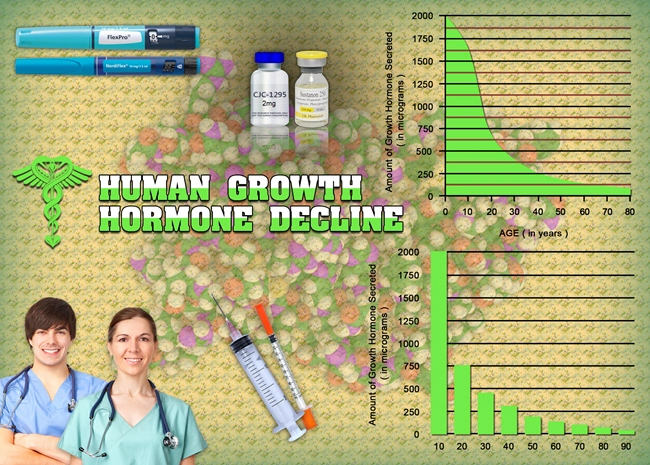
 The “sunshine” vitamin, or vitamin D, has been discussed a lot recently over the last few years, especially the importance of getting an adequate amount in your diet. Is vitamin D as important as everyone says it is? Is it that difficult to get an adequate amount from diet alone or do you need to spend hours in the sun? Read on to find out!
The “sunshine” vitamin, or vitamin D, has been discussed a lot recently over the last few years, especially the importance of getting an adequate amount in your diet. Is vitamin D as important as everyone says it is? Is it that difficult to get an adequate amount from diet alone or do you need to spend hours in the sun? Read on to find out!
What is Vitamin D?
Vitamin D is a fat-soluble nutrient that is found naturally in some foods and is produced by our bodies when the ultraviolet rays of the sun are absorbed by our skin, triggering vitamin D synthesis in our cells. It can also be found in stores as a dietary supplement. Vitamin D is really an umbrella term for a group of fat-soluble vitamins that are derived from cholesterol and involved in calcium metabolism.
Video Link: https://vimeo.com/427724069
Video Download: Click Here To Download Video
Video Stream: Click Here To Stream Video
The two major forms of vitamin D are vitamin D2 (ergocalciferol) and vitamin D3 (cholecalciferol). Both are actually inactive precursors of active metabolites that are important for calcium metabolism in humans. This even includes the cholecalciferol created by our bodies via ultraviolet light stimulation. Both D2 and D3 are converted to the other metabolites by the liver and the kidneys and are similar in chemical structure to testosterone, as both are derived from cholesterol with a steroid chemical backbone.
Vitamin D's Role in the Body
People with a vitamin D deficiency can actually develop a condition called rickets where the bones become thin and brittle due to calcium malabsorption. Vitamin D plays a major role in helping our bodies absorb and metabolize calcium efficiently. In fact, this condition was first discovered more than 300 years ago. It is possible to develop rickets by only getting limited sunlight, a dietary deficiency, poor absorption due to gastrointestinal issues, kidney disease or vitamin D resistance which is caused by decreased receptors in the intestines.
 Without vitamin D, our bodies cannot absorb calcium or phosphate properly leading to low serum levels of both and high parathyroid hormone concentrations. Parathyroid hormones are hormones that are the most important in terms of regulating the concentrations of calcium and phosphorus in the extracellular fluid of our cells. Too many of these can cause kidney stones, irregular heartbeats, and brain abnormalities.
Without vitamin D, our bodies cannot absorb calcium or phosphate properly leading to low serum levels of both and high parathyroid hormone concentrations. Parathyroid hormones are hormones that are the most important in terms of regulating the concentrations of calcium and phosphorus in the extracellular fluid of our cells. Too many of these can cause kidney stones, irregular heartbeats, and brain abnormalities.
In addition, vitamin D helps our muscles to contract, nerves use vitamin D to carry messages around the body and the immune system utilizes the vitamin to fight off microorganisms. Due to its role in calcium absorption, getting adequate vitamin D helps protect older adults from developing osteoporosis.
Does vitamin D sound important for health? It sure does!
Where to Get Vitamin D?
Food Sources
Surprisingly, not many food sources contain vitamin D. The best sources are fatty fish, such as tuna, salmon, and mackerel. A few other animal sources provide vitamin D such as cheese and egg yolks, but the amount is rather small. Mushrooms are a good source as well, with their vitamin D content being boosted by exposure to ultraviolet light during growth. In addition, both milk and plant-based kinds of milk are fortified with at least 400 IU of vitamin D per quart. Other fortified foods include breakfast cereals, yogurt, and orange juice. Not all brands do this, so be sure to check your labels!
Sunlight
 Our bodies are amazing and we can produce vitamin D on our own when our skin is exposed to sunlight. Spending at least 15-20 minutes outside in direct sunlight should provide you with an adequate amount of vitamin D production. Add some of the food items listed above and you'll be golden! If you avoid the sun, use sunscreen or block the sun's rays with clothing, you need to ensure you are getting some of those food items in your diet or consuming a dietary supplement.
Our bodies are amazing and we can produce vitamin D on our own when our skin is exposed to sunlight. Spending at least 15-20 minutes outside in direct sunlight should provide you with an adequate amount of vitamin D production. Add some of the food items listed above and you'll be golden! If you avoid the sun, use sunscreen or block the sun's rays with clothing, you need to ensure you are getting some of those food items in your diet or consuming a dietary supplement.
Be safe though and do not overdo sun exposure because too much can lead to skin cancer. If you will be directly exposed for more than 15-20 minutes, you'll need to apply sunscreen or wear clothing that protects the skin.
Dietary Supplements
You can purchase vitamin D supplements in pill or tablet form if you feel that sunlight and food items are not giving you enough vitamin D. Before purchasing these, it would be best to get your levels tested to make sure you really need a supplement. It is a simple and quick blood test. Supplements come in both forms, D2 and D3. Both of these will increase the concentration of vitamin D in the blood and be converted to active metabolites.
How Much Vitamin D Do I Need?
 When getting your blood tested for vitamin D concentrations, the standard protocol is measuring the form known as 25-hydroxyvitamin D – one of the active metabolites. Levels that are less than 30 nmol/L are too low to maintain bone health and levels more than 125 nmol/L are considered too high. The desired concentration is around 50 nmol/L for most adults.
When getting your blood tested for vitamin D concentrations, the standard protocol is measuring the form known as 25-hydroxyvitamin D – one of the active metabolites. Levels that are less than 30 nmol/L are too low to maintain bone health and levels more than 125 nmol/L are considered too high. The desired concentration is around 50 nmol/L for most adults.
People who are most at risk for vitamin D deficiency include breastfed infants, older adults, dark-skinned adults, people with gastrointestinal issues where fat is not metabolized properly leading to poor absorption of vitamin D, and obese patients.
If you think vitamin D isn't important for health – think again! Without vitamin D, our bones would break and fall a part and most people would develop osteoporosis. So, please, take the time to get your vitamin D levels tested. If there's an issue, follow the advice in this article! You can contact our clinic to set up an appointment to get your levels checked. Just call the telephone number on our website or fill out our contact form!
Contact Us Today For A Free Consultation
Dear Patient,
Once you have completing the above contact form, for security purposes and confirmation, please confirm your information by calling us.
Please call now: 1-800-380-5339.
Welcoming You To Our Clinic, Professor Tom Henderson.

- Vitamin C, The Essential Vitamin, What You Need To Know About Vitamin C [Last Updated On: January 16th, 2025] [Originally Added On: August 2nd, 2020]
- What You Need To Know About Vitamin E [Last Updated On: January 15th, 2025] [Originally Added On: March 6th, 2021]
- Vitamin D3: The Miracle Vitamin That is so Much More Than a Vitamin [Last Updated On: January 12th, 2025] [Originally Added On: March 11th, 2021]
- Leafy Greens are Medicine for Your Gut [Last Updated On: August 27th, 2024] [Originally Added On: April 23rd, 2021]
- All Praise to the Spud -- the Delicious, Health-Giving Potato, That Is [Last Updated On: July 11th, 2024] [Originally Added On: June 1st, 2021]
- Benefits Of Pyrroloquinoline Qinnone [Last Updated On: October 30th, 2024] [Originally Added On: June 7th, 2021]
- Testosterone and Vitamin B6 [Last Updated On: January 12th, 2025] [Originally Added On: October 25th, 2021]
- Growth Hormone, Testosterone, and Nutritional Supplements [Last Updated On: January 15th, 2025] [Originally Added On: October 25th, 2021]
- Testosterone and Astaxanthin: The Surprising Link [Last Updated On: January 13th, 2025] [Originally Added On: October 25th, 2021]
- Growth Hormone, Testosterone, and Nutritional Supplements. [Last Updated On: January 11th, 2025] [Originally Added On: October 25th, 2021]
- Testosterone and Vitamin B 12 [Last Updated On: January 13th, 2025] [Originally Added On: October 25th, 2021]









